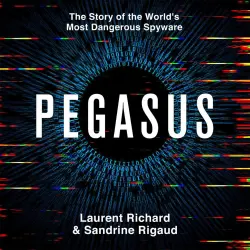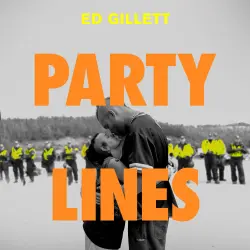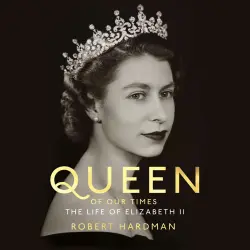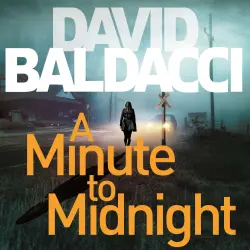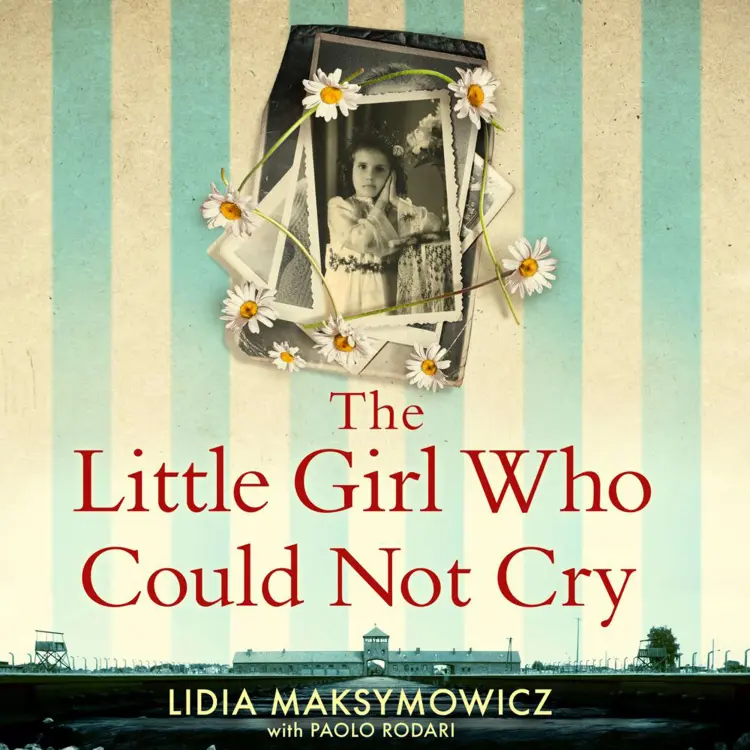
The Little Girl Who Could Not Cry
Lidia Maksymowicz
The Little Girl Who Could Not Cry: A heartbreaking, inspiring true story of survival in Auschwitz-Birkenau. Foreword by Pope Francis.
Unabridged
4 uur 21 minuten
Opmerking: Er kunnen kosten verbonden zijn aan het afspelen van de audioboeken of hoorspelen op de respectievelijke platforms, bijv. Spotify. Lismio heeft geen invloed op welke luisterboeken en hoorspelen beschikbaar zijn op de service.
Sommige artikelen bevatten affiliate links (gemarkeerd met een sterretje *). Als je op deze links klikt en producten koopt, ontvangen we een kleine commissie zonder extra kosten voor jou. Uw steun helpt ons deze site draaiende te houden en nuttige inhoud te blijven maken. Hartelijk dank voor uw steun!
Unabridged
4 uur 21 minuten
Opmerking: Er kunnen kosten verbonden zijn aan het afspelen van de audioboeken of hoorspelen op de respectievelijke platforms, bijv. Spotify. Lismio heeft geen invloed op welke luisterboeken en hoorspelen beschikbaar zijn op de service.
Sommige artikelen bevatten affiliate links (gemarkeerd met een sterretje *). Als je op deze links klikt en producten koopt, ontvangen we een kleine commissie zonder extra kosten voor jou. Uw steun helpt ons deze site draaiende te houden en nuttige inhoud te blijven maken. Hartelijk dank voor uw steun!
Van de uitgever
The Number 1 International Bestseller.
The heartbreaking, inspiring true story of a girl sent to Auschwitz who survived Mengele's evil experiments. With a foreword written by His Holiness Pope Francis.
Lidia was just three years old when she arrived in Auschwitz-Birkenau with her mother, grandparents and foster brother. They were from Belarus, their 'crime' that they supported the partisan resistance to Nazi occupation. Lidia was picked by Dr Josef Mengele for his experiments and sent to the children's block where she survived eighteen months of hell. Injected with infectious diseases, desperately malnourished, she came close to death. Her mother - who risked her life to secretly visit Lidia - was her only tie to humanity.
By the time Birkenau was liberated her family had disappeared. Even her mother was presumed dead. Lidia was adopted by a woman from the nearby town of Oswiecim. Too traumatised to feel emotion, she was not an easy child to care for but she came to love her adoptive mother and her new home. Then, in 1962, she discovered that her birth parents were still alive in the USSR and wanted her back. Lidia was faced with an agonising choice . . .
The Little Girl Who Could Not Cry is powerful, moving and ultimately hopeful, as Lidia comes to terms with the past and finds the strength to share her story - even making headlines when she meets Pope Francis, who kisses her tattoo. Above all she refuses to hate those who hurt her so badly, saying, 'Hate only brings more hate. Love, on the other hand, has the power to redeem.'
The heartbreaking, inspiring true story of a girl sent to Auschwitz who survived Mengele's evil experiments. With a foreword written by His Holiness Pope Francis.
Lidia was just three years old when she arrived in Auschwitz-Birkenau with her mother, grandparents and foster brother. They were from Belarus, their 'crime' that they supported the partisan resistance to Nazi occupation. Lidia was picked by Dr Josef Mengele for his experiments and sent to the children's block where she survived eighteen months of hell. Injected with infectious diseases, desperately malnourished, she came close to death. Her mother - who risked her life to secretly visit Lidia - was her only tie to humanity.
By the time Birkenau was liberated her family had disappeared. Even her mother was presumed dead. Lidia was adopted by a woman from the nearby town of Oswiecim. Too traumatised to feel emotion, she was not an easy child to care for but she came to love her adoptive mother and her new home. Then, in 1962, she discovered that her birth parents were still alive in the USSR and wanted her back. Lidia was faced with an agonising choice . . .
The Little Girl Who Could Not Cry is powerful, moving and ultimately hopeful, as Lidia comes to terms with the past and finds the strength to share her story - even making headlines when she meets Pope Francis, who kisses her tattoo. Above all she refuses to hate those who hurt her so badly, saying, 'Hate only brings more hate. Love, on the other hand, has the power to redeem.'












